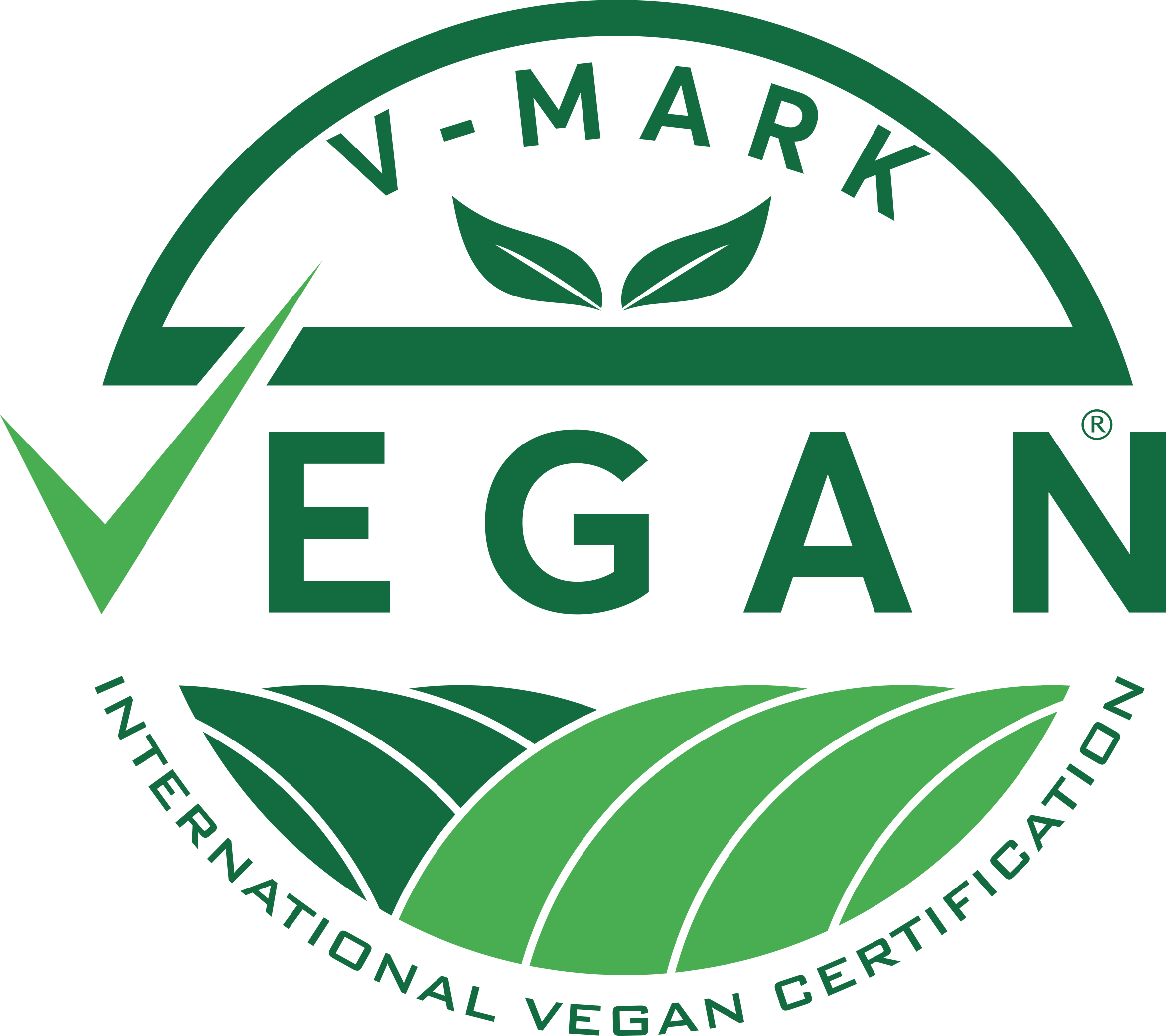What are the Benefits of a Vegan Certification or Label for the Environment and Animals?
The vegan certification or label is a choice to ensure that no animal products are used in the production of goods and services. This certification can provide a number of benefits for the environment and animals.

First and foremost, the vegan certification or label helps to protect the environment. By using products that are certified vegan, companies can ensure that they are not using any animal products that could potentially harm the environment. This means that fewer resources are being used to produce animal-based products, which in turn helps to reduce pollution and conserve resources. Additionally, the vegan certification or label helps to promote sustainable farming practices, which can help to reduce the amount of land needed for livestock and help to preserve natural habitats.
The vegan certification or label also has a number of benefits for animals. By choosing products that are certified vegan, companies can ensure that no animals have been harmed in the production of the product. This helps to reduce animal cruelty and can help to ensure that animals are treated humanely. Additionally, the vegan certification or label helps to promote plant-based diets, which can help to reduce the demand for animal products and can help to reduce the number of animals that are farmed for food.
Finally, the vegan certification or label can help to promote a healthier lifestyle. By choosing products that are certified vegan, consumers can ensure that they are eating a healthier and more ethical diet. This can help to reduce the risks of certain health problems, such as heart disease and obesity, and can help to promote a more sustainable way of living.
Overall, the vegan certification or label can provide a number of benefits for both the environment and animals. By choosing products that are certified vegan, companies can ensure that they are using fewer resources and helping to reduce animal cruelty. Additionally, the vegan certification or label can help to promote sustainable farming practices and a healthier lifestyle.
FAQ
- Are Vegan Certifications and Labels Expensive? How Much Do They Cost?
- Are Vegan Certifications and Labels Only for Vegan Companies? Can Non-Vegan Brands Get Certified?
- Are Vegan Certifications and Labels Only for Vegan Products? Can Non-Vegan Ingredients Be Used?
- Are Vegan Certifications and Labels Reliable? How Do I Know if a Program is Reputable?
- How Do I Find Vegan Certified or Labeled Products? Where Can I Look?
- How Do I Get My Product Vegan Certified or Labeled? What is the Process?
- How Do Vegan Certifications and Labels Benefit Brands and Manufacturers? Why Should They Get Certified?
- How Do Vegan Certifications and Labels Benefit Consumers? Why Should I Look for Them?
- What Does a Vegan Certification or Label Mean? What Are the Standards?
- What Kinds of Products Can Be Vegan Certified or Labeled? Is It Just Food?
- What are the Benefits of a Vegan Certification or Label for the Environment and Animals?
- What is a Vegan Certification or Label? How Do I Know if a Product is Vegan?
- What is the Difference Between a Vegan Certification and a Vegan Label? Which is Better?
- What is the Future of Vegan Certifications and Labels?
- What is the Role of Vegan Certifications and Labels in Promoting Veganism?
- What is Veganism?

GET CERTIFIED
